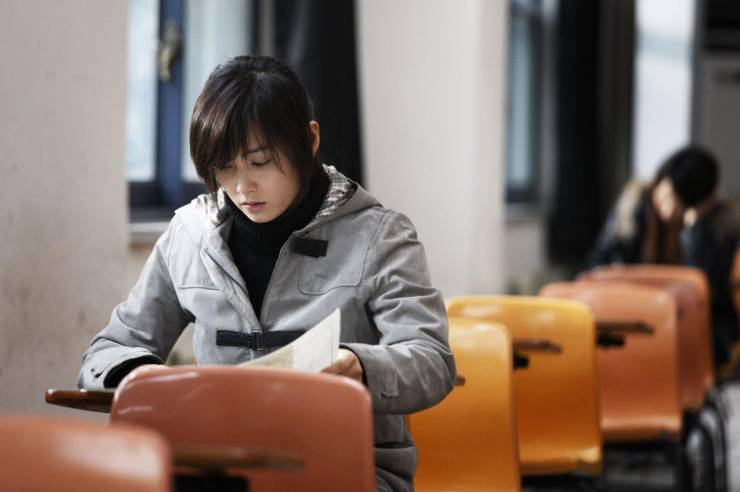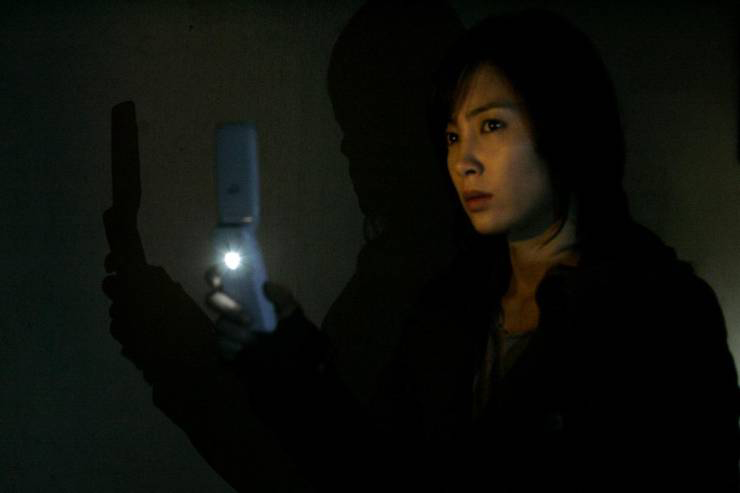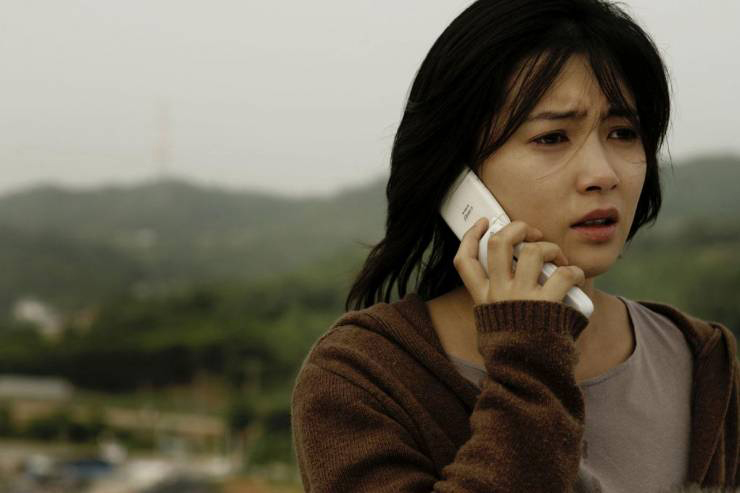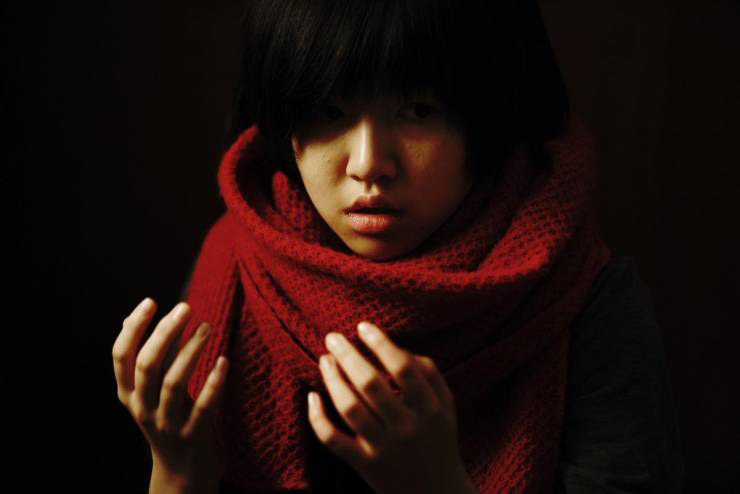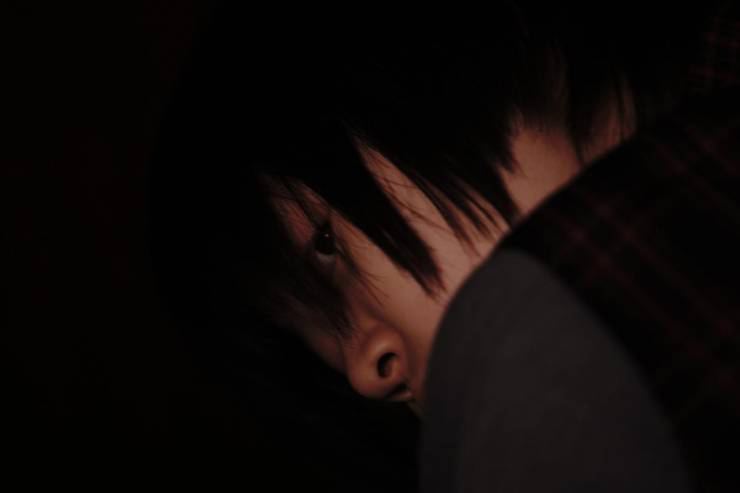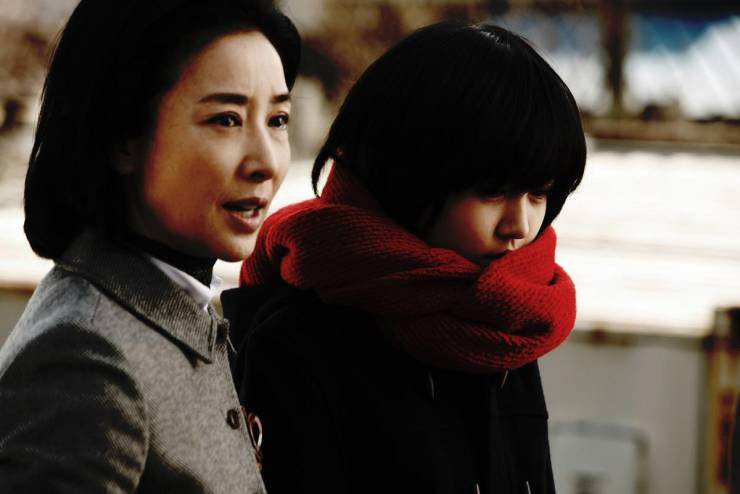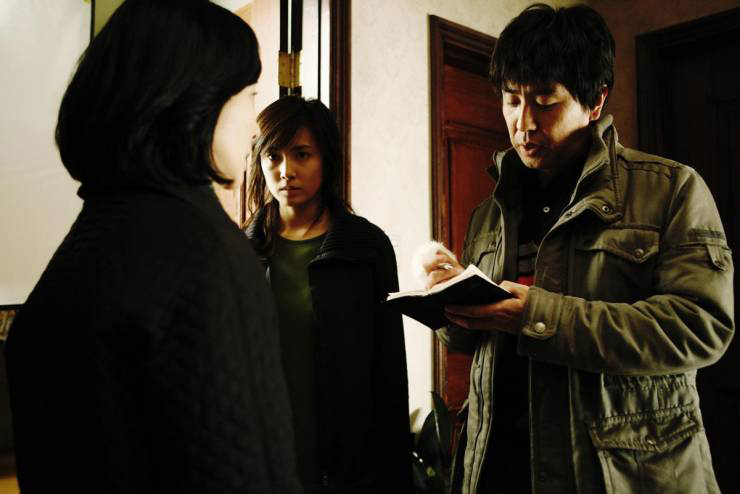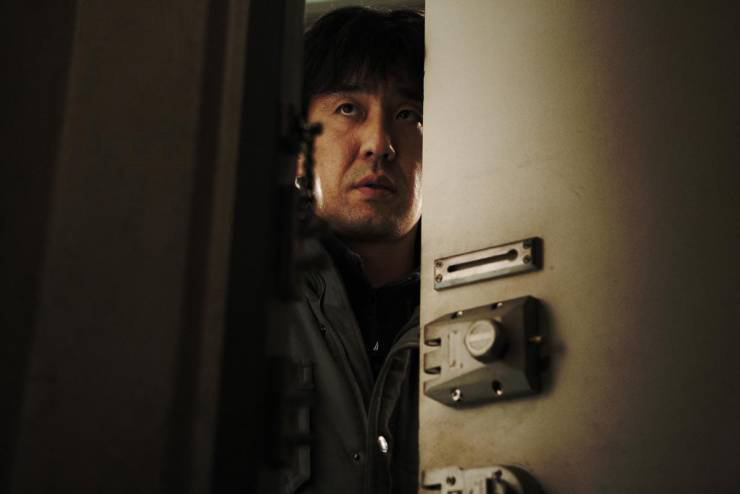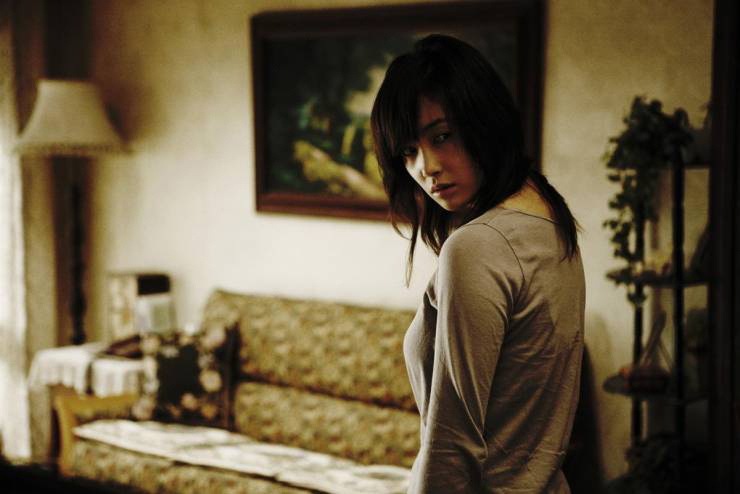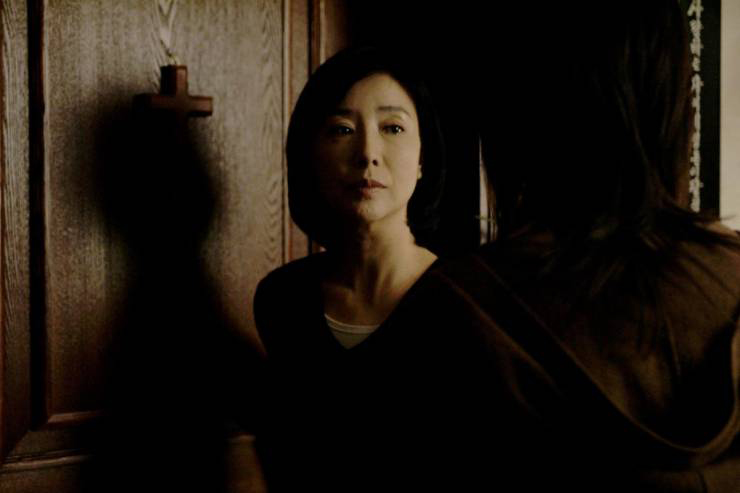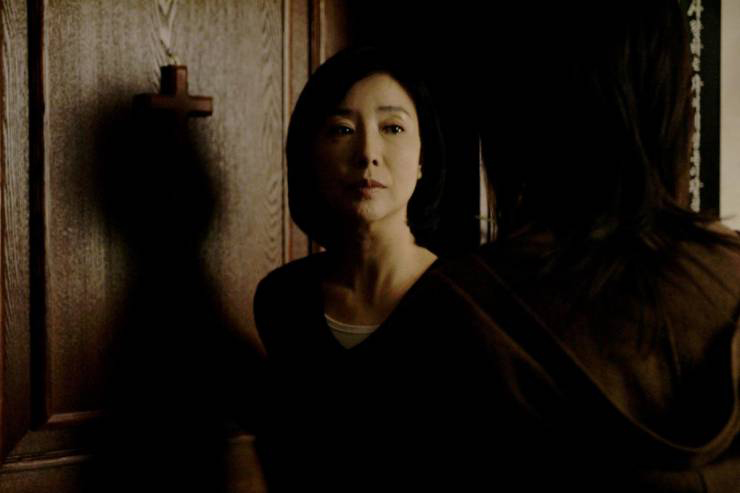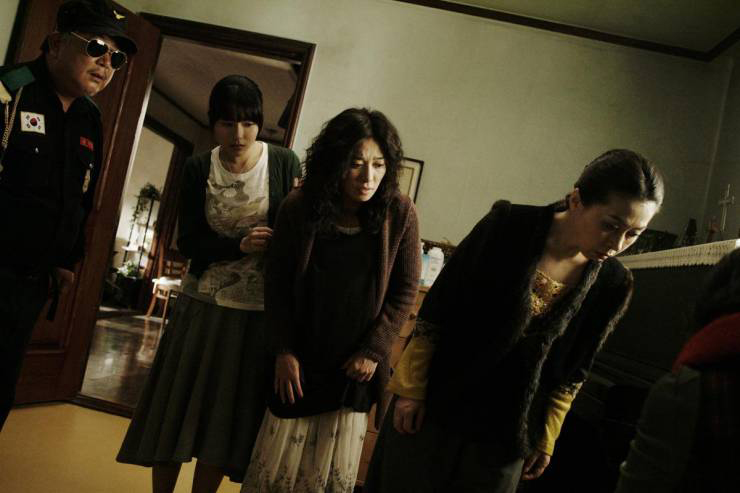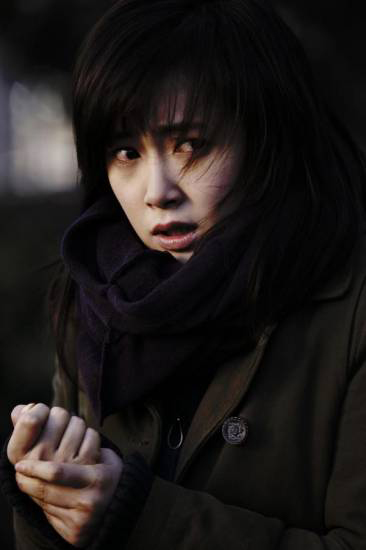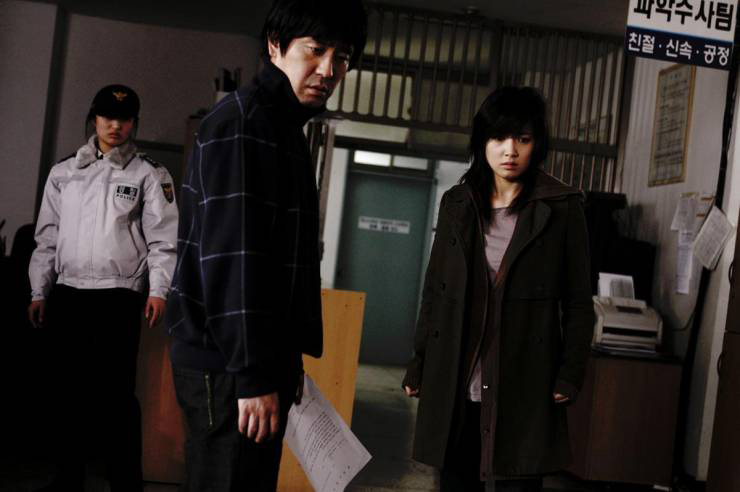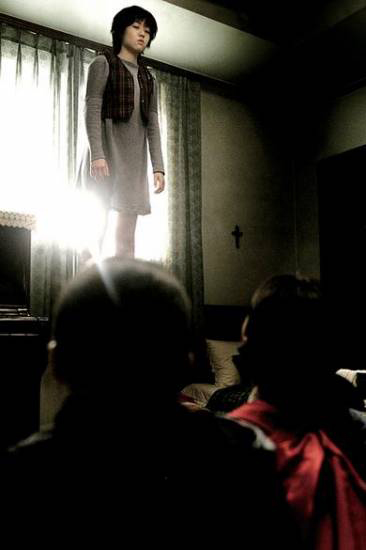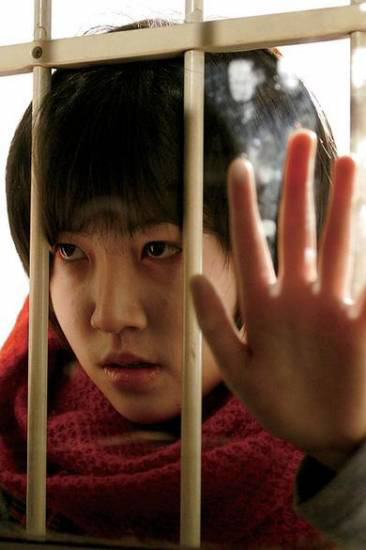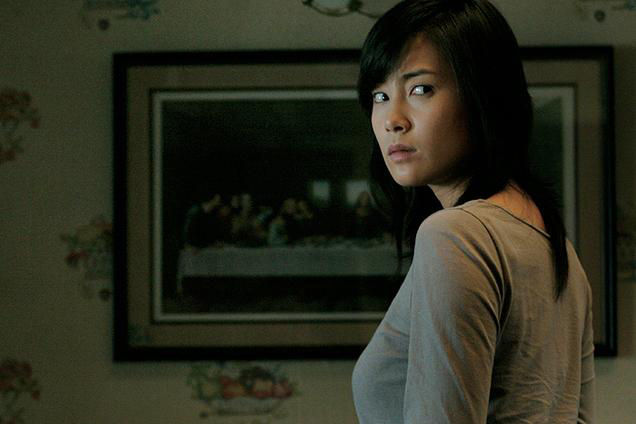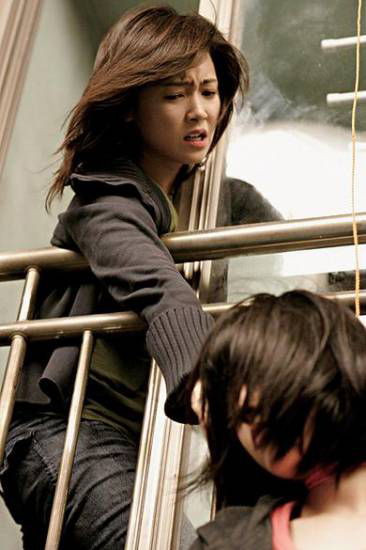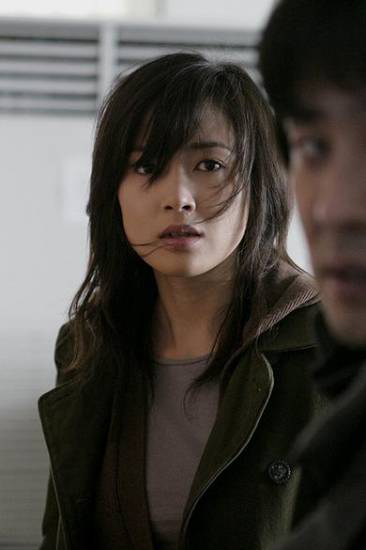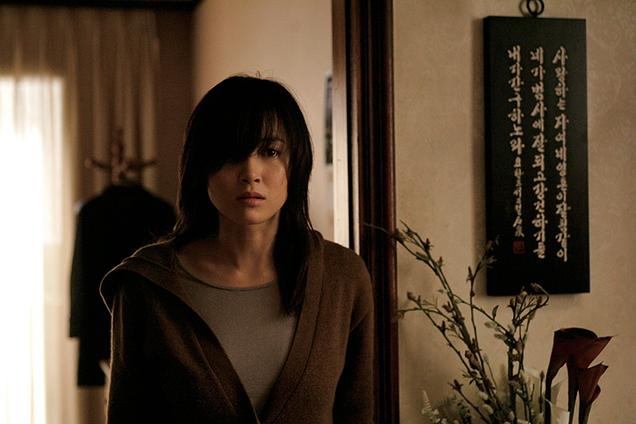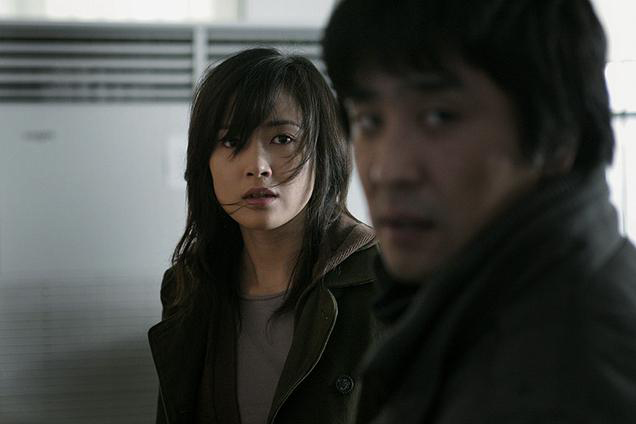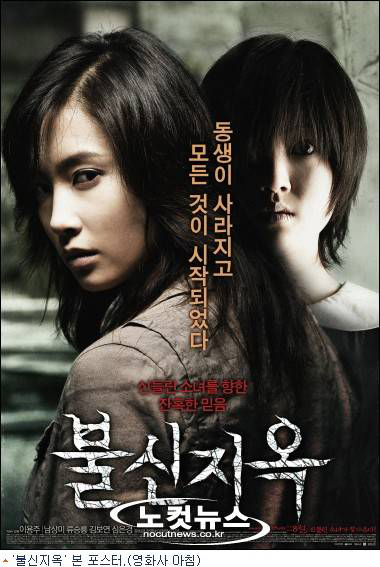[K-FILM REVIEWS] 불신지옥 (Possessed)
![[K-FILM REVIEWS] 불신지옥 (Possessed)](https://screenanarchy.com/assets_c/2012/09/livingdeath-thumb-430xauto-12359.jpg)
A capital F, not just because Oscar Wilde said so, but rather for it has in many cases become our modern society's own Hydra, the snake with two heads (should be nine, but we're in a crisis. It'll do) and poisonous breath afflicting demigods and mortals alike. A capital F because that eerie manifestation of our own inner demons does no longer limit itself to religion. Maybe what Wilde meant with his predictably ambiguous prose was that faith without any doubt or introspective questioning about its intrinsic meaning might indeed envenom the concept itself, the very principle from which it was born. Once you see said quote on those terms, then it's clear how that faith could be of a religious nature, but also quite easily of a political one. Basing an entire film on this fascinating concept might seem like quite the dangerous gamble, particularly in a genre which has lost as much meaning as Korean horror. But that is one of the many elements which make Lee Yong-Ju's brilliant debut 불신지옥 (Possessed) work, allowing it to shine as the best example of the genre since Gong Su-Chang's moody 2004 guilt trip, 알포인트 (R-Point).
The (Korean) title says it all, really. 불신지옥 (不信地獄), the "hell of the non-believers." It is the motto certain extremist facets of Korean Christianity like to brand any perplexity or skepticism directed at their faith of choice with, but if you take a look at the current social climate in Korea, it's not so different from the mantra sputtered by your average GNP-voting, Chosun Ilbo-reading bleeding-heart Mister Park on the street. If the religious non-believer is sent through the fire, hell and brimstone of the Hades, the political infidel is, I guess, branded in red, hammer and sickle stamped on his visage for everyone to see. Yet, despite its rather explicit and controversial Korean title, Possessed manages to get to the root of the problem, and is not merely content with pointing the finger at such over-the-top social histrionics which are plaguing Korean society. Director Lee could have easily painted his debut through sanctimonious and manipulative Michael Moore-colored lenses on the political side of things, or go the vacuous "preaching to the choir" Bill Maher way for what concerned religion. But with this film, he mostly asks Korean viewers a rather complex question. What does faith (in all its multi-faceted manifestations) really mean to us? Is there an all-encompassing and rather selfish purpose behind it all?
And no, don't think of it in theological terms. He's not asking you whether God exists, and neither why people can bank so much of their existence on faith alone. He's just wondering what is the ultimate purpose of it all. If you look at the annals of Korean history, you'll find many peculiarities related to this matter, starting from the fact that religion was often more of an "administrative subterfuge" by the ruling classes to control a certain political situation, with very little philosophy and theology involved. The only reason why Lee Seong-Gye tried to castrate Buddhism at its roots when he founded the Joseon dynasty was to repudiate anything connected to Goryeo, and legitimize his usurpation of the throne. By the same token, the anti-communist fervor shown during the Lee Seung-Man dictatorship wasn't just an ideological slant, but rather the safest way to maintain status quo, while at the same time "cultivating" the people's minds. Be it politics, religion or society, "faith" has never really been about principle or beliefs in Korea, but rather purpose and convenience. And of course modern society is no different. This result-seeking and rather Machiavellian faith is the creed behind all the people who voted for the current junta, for instance. They wanted to believe that the promises of economic recovery would be fulfilled, so they seemingly ignored or closed an eye on all the other warts which the 2MB regime would bring forth (perhaps feeling nostalgia for the "good old days" of Park Jung-Hee's "Miracle on the Han"?). Happiness, in short. The same search for happiness that almost maniacal devotion to religious tenets (be it Christianity or Shamanism) fills many a Korean's heart with. What you're getting in Possessed, then, is faith based on very explicit notions of quid pro quo, a give and take process which is closer to greed than the transcendent reality and supreme beings theology and religion are made of.
Hee-Jin's mother, played with admirable restraint and the occasional touches of madness by veteran Kim Bo-Yeon, witnessed what she believes to be a miracle, regarding her younger daughter So-Jin (young phenom Shim Eun-Kyung). That is where the roots of her unquestionable faith start to form: her entire life becomes drenched by the obsession of being blessed with another miracle, something she believes only God will bring her. So devoted she is to this newfound faith of hers, she spends most of her time praying in church, and not only burns with demonic stares and admonitions anyone who even remotely questions her vocation, but also does her best to share (or, depending on where you sit vis-a-vis religion, force) it with other people. That search for alleged happiness blinds her so badly, she doesn't even realize she's destroying everything she should be happy about. What is interesting, then, is that the film doesn't merely dwell on her situation alone, but also offers several other interpretations of the same "fact." That is, what happens to So-Jin is a miracle for the born-again Christian mother, but it assumes completely different forms for the next-door mudang. Lee is telling us that, yes, Shamanism and Christianity might indeed be very different, but they're moved at the core (at least in extreme cases such as these) by the same kind of personal greed, looking for that solace and happiness which only a supernatural gesture could accord them. But one of the reasons Possessed excels is because such notions do not merely stop at the religious sphere: all the characters which slowly fall for So-Jin's nefarious presence and her supposedly supernatural powers do so for completely different reasons, such as neighbor Su-Gyeong, a novelist on the brink of death because of terminal cancer, who at the last minute abandons her belief in medicine to bask in the saving embrace of faith. Bur is that a cure, or further damnation?
If you think about it, the horror canon itself has always been about faith, in a way. The same argument could be applied to science-fiction, really. Why is Deep Space Nine a much richer experience than the rest of all the Star Trek franchise combined? Because those grown ass men in pajamas and rubber masks feel like multi-dimensional creatures living and breathing inside a realistic world. That the realism on display is only remotely connected to ours, it doesn't really matter. The foundations are strong enough (in most cases anyway), that you're led to believe, led to have faith in the existence of a quasi-Nazi reality like that of Cardassia, for instance. It's not just the new species du jour, created by lazy writers to fill a 45 minute episode, like in most of Roddenberry's universe. The reason why so many Korean horror films fail to work all comes down to that faith: if your only intent is to thrill the viewer with cheap sound effects, Sadako-clones and interior-design porn, then it's not very likely I'll feel any dread, much less care about what you're throwing at the wall. Possessed works because it first banks on its story, and all the horror effects, the eerie atmosphere and the various trappings of the genre only come later, as a very enticing salad dressing. That's how you approach genre, after all. Isn't the basic structure of things like 괴물 (The Host) exactly the same? Story first, all the confetti as icing on the cake.
Mentioning Bong Joon-Ho as part of the equation is necessary for another reason: Lee Yong-Ju, sure enough, started working in the industry as assistant director for Bong, on the 2003 masterpiece 살인의 추억 (Memories of Murder). Building experience under someone with such maniacal attention to detail (they don't call him "Bong Tail" for nothing) certainly helped him leave no stone unturned (film is exquisitely balanced, with not a second of film stock wasted, and some really inventive touches, like the scene in the boiler room lit only by a cell phone), but what strikes me as the most precious lesson he learned from Korea's most talented filmmaker is that of adding layers of realism to even the most unrealistic things. The best example would be So-Jin herself, who, when possessed, combines the lights of an angel and the shadows of a demon; not that scary, but strangely eerie, in all her ambiguous candor. It is peculiar, considering he majored in architecture, and both the palette and locales he uses in the film try to minimize visual flourishes as much as possible, hiding in the background and further supporting the story - the opposite of what interiors usually do in Korean horror films, just like in the most recent example, the vapid beauty of 요가학원 (Yoga). But of course, all that could never work, without a brilliant cast.
Between TV and film reviews, I've probably praised Shim Eun-Kyung enough to last her until her twenties, but not only does she show the kind of maturity most actresses ten-fifteen years her senior would dream of, she's already learned to control her immense raw talent and impressive range in a remarkable way, particularly if you take a look at her playful acting in the TV sitcom 태희혜고진현이 (Tae-Hee, Hye-Gyo & Ji-Hyun), the subtle and almost emotionless acting she displays here, and the entire scope in her brilliant turn earlier this year, on the black comedy 경숙이 경숙아버지 (My Dad Loves Trouble). Had So-Jin just been a teenager screaming, mugging at the camera with scary stares and eyes popping out, Possessed wouldn't have been half as effective. But, even though her scenes only amount to a glorified cameo, she completely dominates every minute she's in. Also, it's not much of a surprise seeing people like Kim Bo-Yeon, Ryu Seung-Ryong and Jang Young-Nam deliver, but Nam Sang-Mi's performance is all the more important. She is one of those cases, like Lee Da-Hae, who seem to either refuse to acknowledge their talent, or are too scared that trying something more challenging might break the status quo. Perhaps that's the reason behind her uneven choice of projects (sure enough, after this she's shooting another silly trendy drama on TV), but you'd hope to see her venture into films such as this a lot more often, because she does extremely well here (masking her usual cutesy image with layers of fatigue, grumpiness and suffering).
Possessed is not your average Korean horror flick: there are no cheap shock tactics, and the only scares come from its eerie atmosphere, and the demons inside those strange animals called men. But it built its success by having faith in its roots, the realization that horror doesn't simply mean filming angry damsels in white gowns prancing around the room in gravity-defying contortions. If you manage to convince even the skeptics to have some faith in this genre's future, as long as inventive directors like Lee Yong-Ju get the chance to make the films they like, then that's a pretty impressive achievement....
RATING: 8
불신지옥 (Possessed)
Director: 이용주 (Lee Yong-Ju)
Screenplay: 이용주 (Lee Yong-Ju
Produced By: Tiger Pictures, Achim Pictures
Int'l Sales: Showbox/Mediaplex
106 Minutes, 35mm, Color
Release: 8/12/2009 (15 and Over)
Box Office: #76 - 250,280 Admissions (1.8 Billion Won)
CAST: 남상미 (Nam Sang-Mi), 심은경 (Shim Eun-Kyung), 류승룡 (Ryu Seung-Ryong), 김보연 (Kim Bo-Yeon), 장영남 (Jang Young-Nam), 문희경 (Moon Hee-Kyung), 신은정 (Shin Eun-Jung), 김유정 (Kim Yu-Jeong)























Do you feel this content is inappropriate or infringes upon your rights? Click here to report it, or see our DMCA policy.


